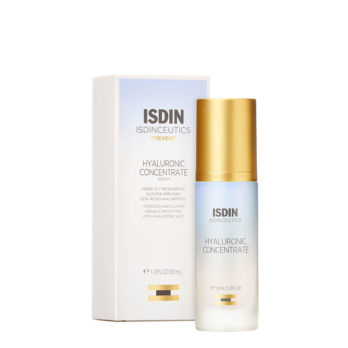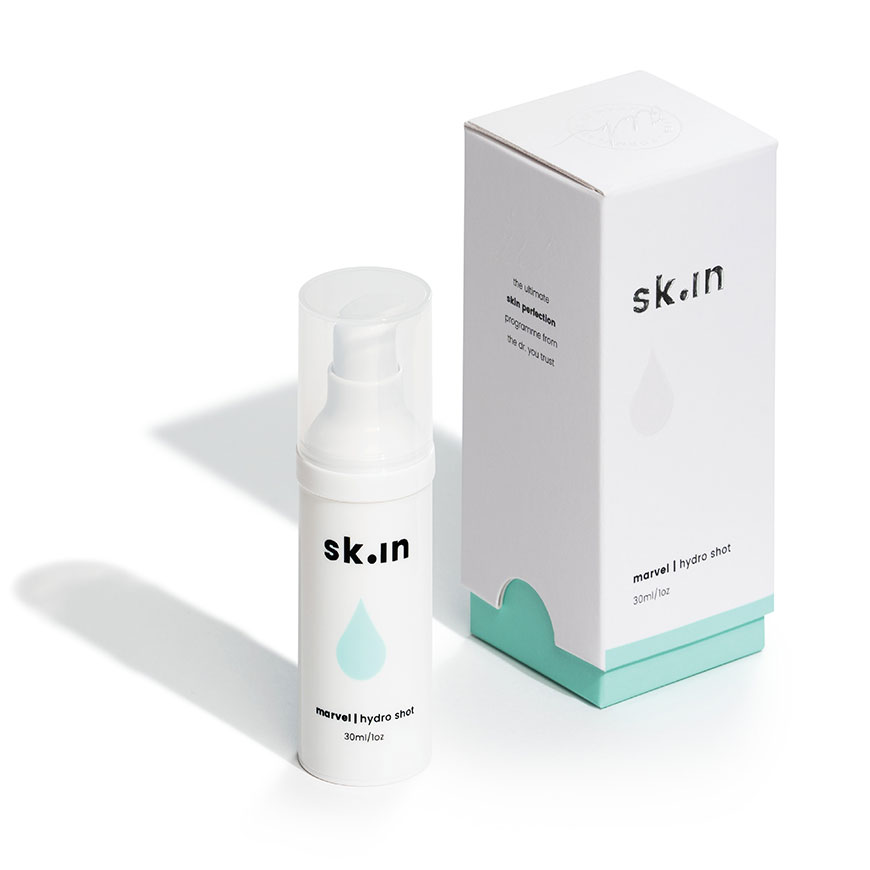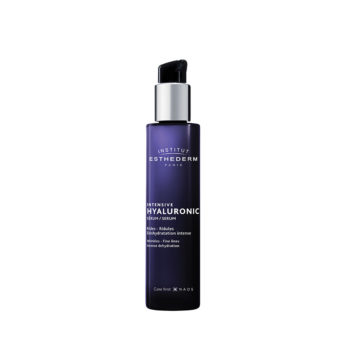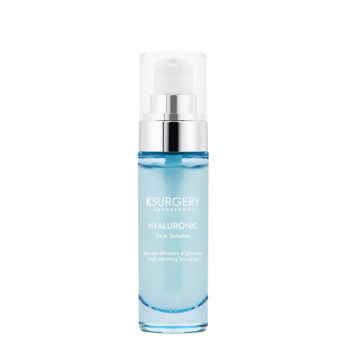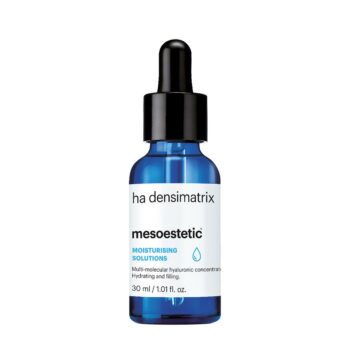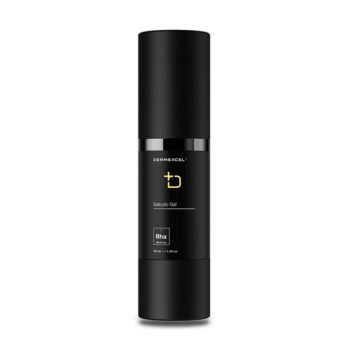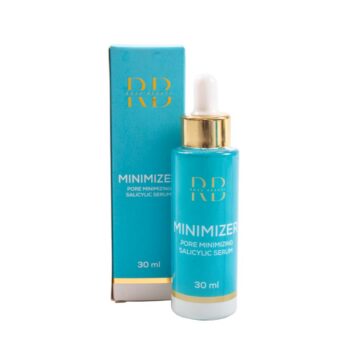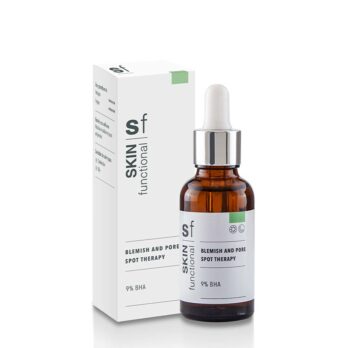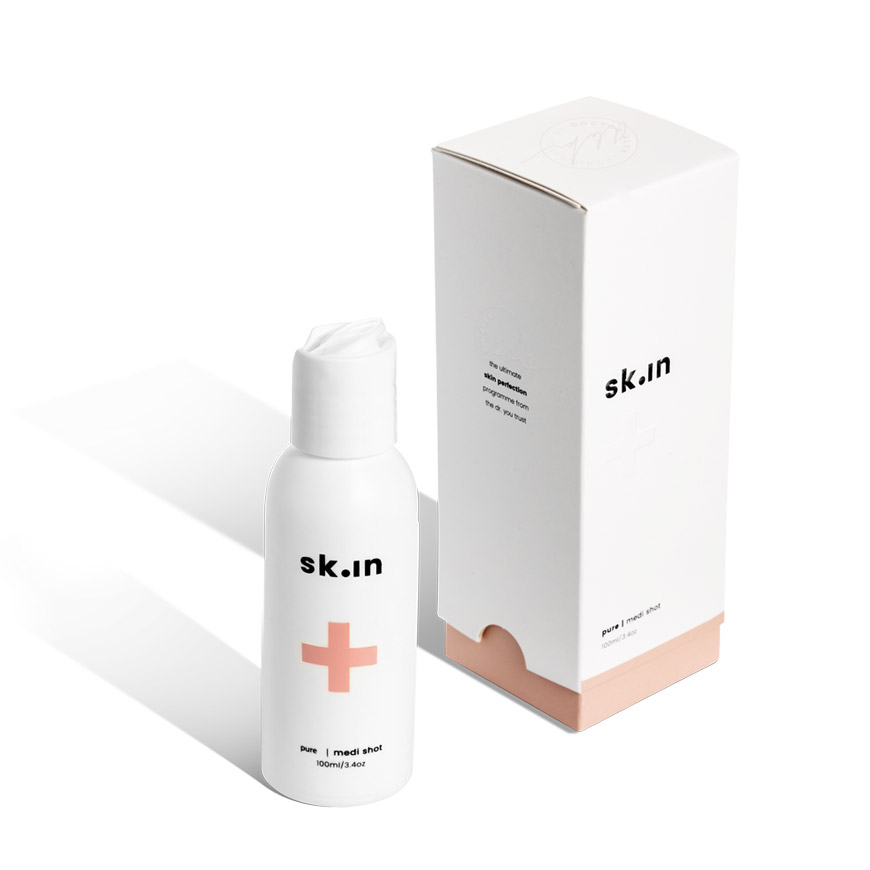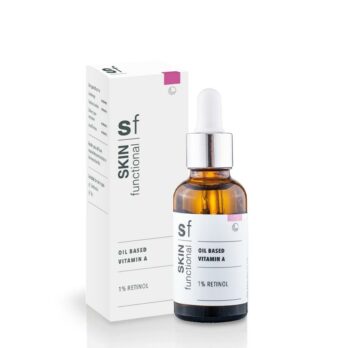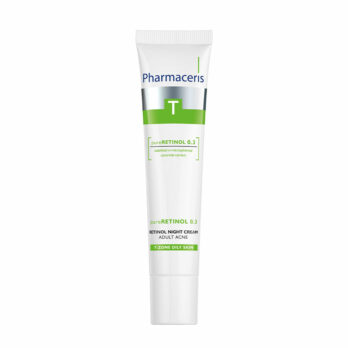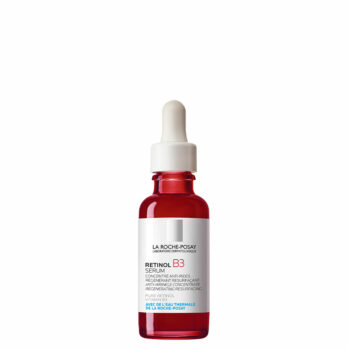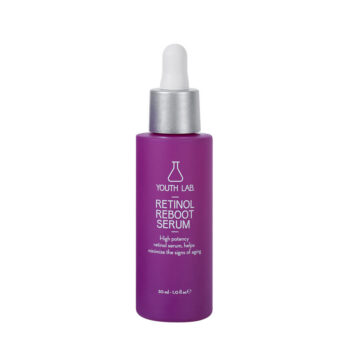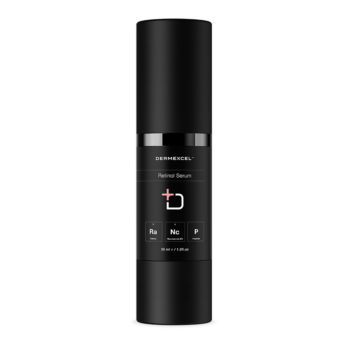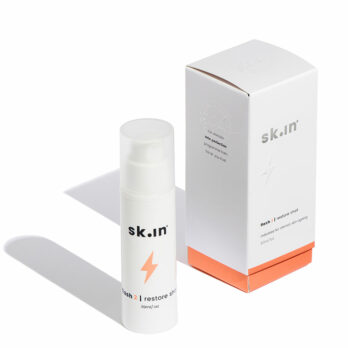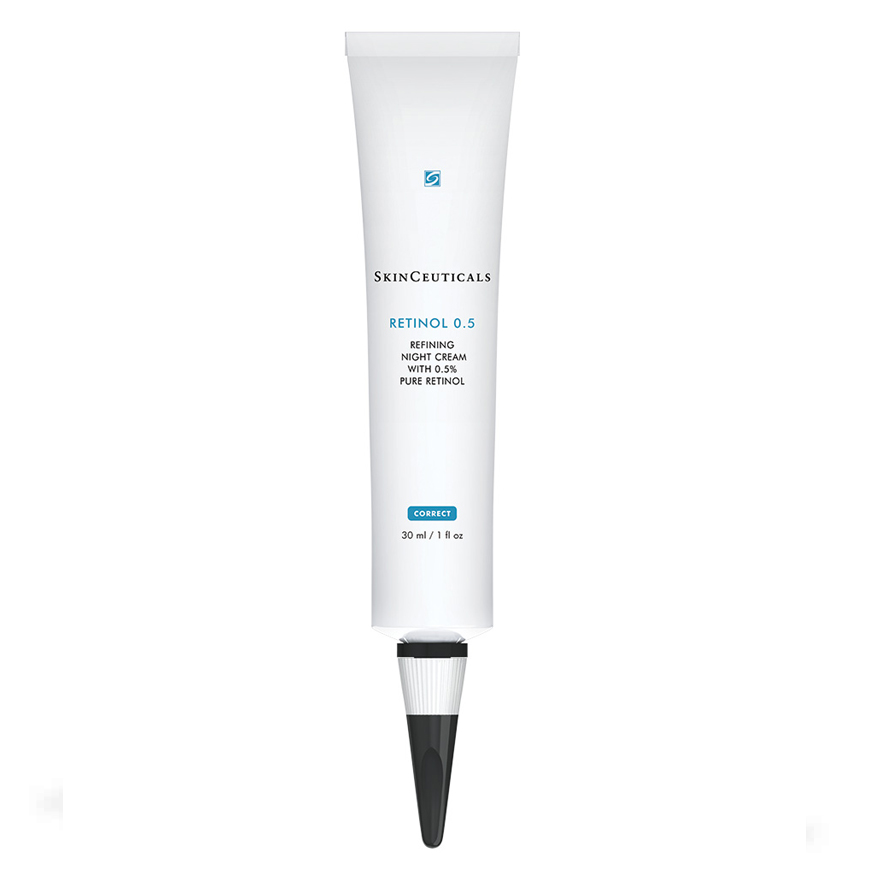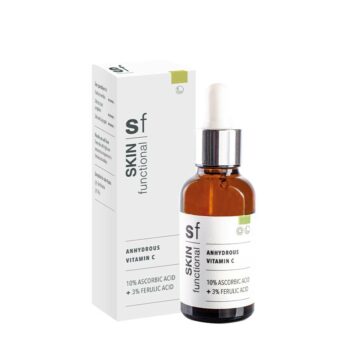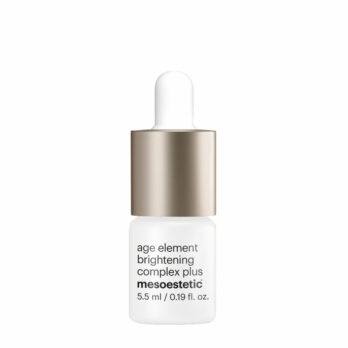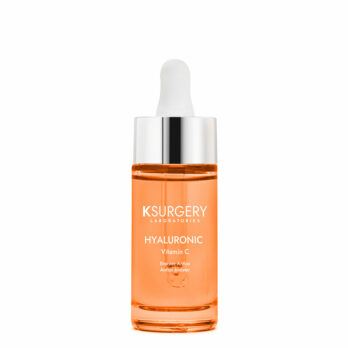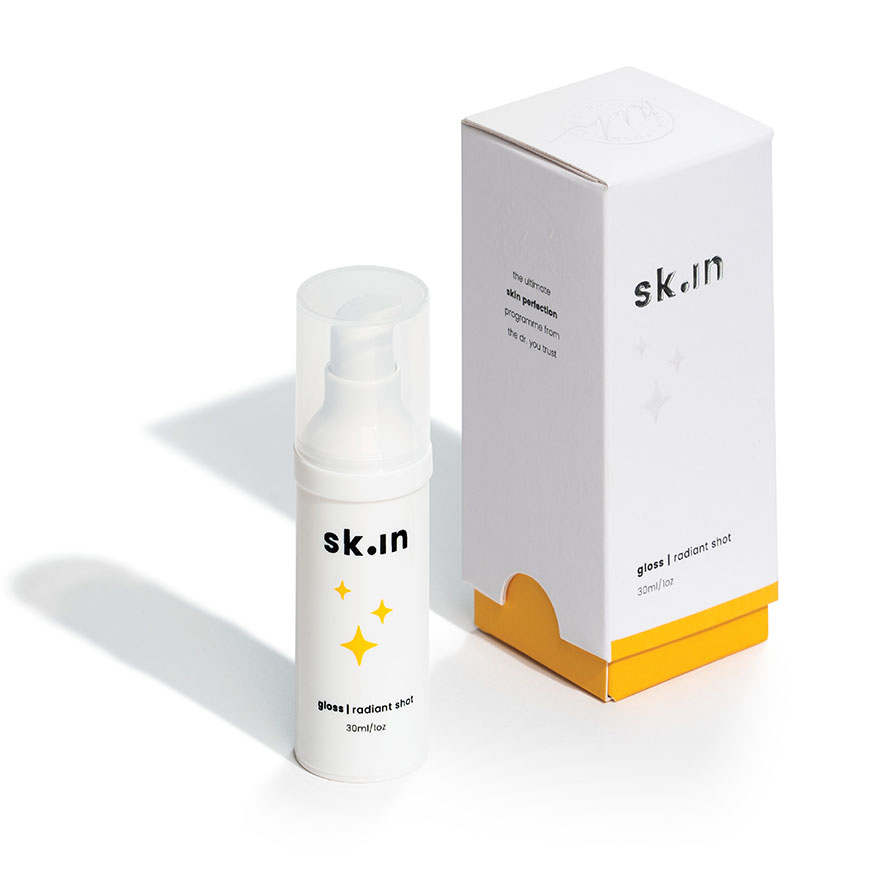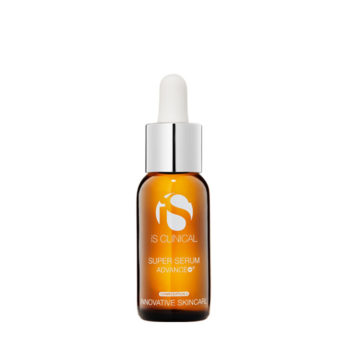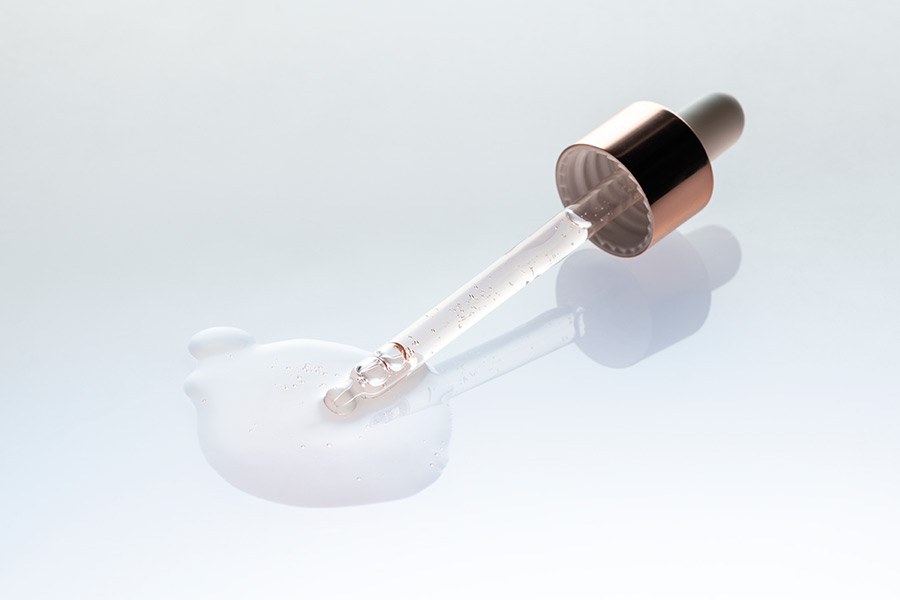Everyone’s skin has its own specific needs, and your skincare routine should be tailored to your skin type. So, it’s a good idea to get things off to a great start with the skincare your skin actually needs.
You’ve heard the buzz about normal, oily, dry, combination or sensitive skin types, but which one do you have? We encourage you to take (or retake!) the skin assessment online, to learn more about your skin type. Knowing your skin type helps in not only finding the best skincare products for you, but also the ones you should avoid for skin irritations or breakouts.
Keep scrolling to find out more on how to give your skin what it is craving.
Your skin type is somewhat determined by genetics, but it may also vary according to internal factors (hormones, water intake, diet, stress) and external factors (climate, pollution, sun exposure) it encounters, as these may cause changes in your skin type. Before you buy skin care products, it’s a good idea to know your skin type and other factors that may contribute to the look and feel of your skin, such as your skin complexion and your skincare goals – are you trying to prevent premature ageing? Or do you suffer from acne or rosacea, or other concerns, like dark under-eye circles or fine lines?
If you need help with identifying your skin type, the online skin assessment will be a useful tool in starting your bespoke skincare journey. Register here and receive our personal recommendations on where to spend and save.
Let’s take a closer look at the different skin types
Dry skin occurs when there is an under-active production of natural oil, known as sebum, by the sebaceous glands (small glands inside our hair follicles that produce natural oils). Those with dry skin experience flakiness and tightness and may also be more sensitive to products and external influences.
An oily skin type is often categorised by enlarged pores, shininess, and an oily feeling to touch. This happens when the sebaceous glands produce too much sebum that can lead to clogged pores, breakouts and, in some cases, acne.
Combination skin usually refers to skin that is slightly oilier on the T-zone (the chin, nose and forehead) and becomes more normal or drier on the cheek areas.
Normal would typically describe a skin that is well hydrated with the barrier of the skin completely intact with balanced oil glands, producing just enough oil to nourish the skin and hair without causing oiliness or acne breakouts.
Shop products for your skin type
The best products to use and protect dry skin include ceramides (fatty acid molecules), lipids (natural fats) and a humectant —ingredients that lock in moisture, like hyaluronic acid.
ESTHEDERM Intensive Hyaluronic Serum
Original price was: R1,505.00.R1,054.00Current price is: R1,054.00.KSURGERY LABORATORIES Youth Activating Face Serum
Original price was: R1,144.00.R915.00Current price is: R915.00.Salicylic acid, an oil-soluble beta hydroxy acid is recommended for oily skin, as this ingredient can penetrate the skin at a deeper level. In an oily-prone skin type, salicylic acid will help cleanse the pores and prevent further congestion.
A solution for combination skin would be a mixture of vitamin A over the oilier areas and on the drier sections of the skin, a hyaluronic acid will work to keep the moisture locked in.
Normal skin types can adjust to most skincare products and ingredients easily and are not prone to redness or breakouts. A skincare regime that includes active ingredients and antioxidants would help to maintain the strength of the skin barrier.
MESOESTETIC Age Element Brightening Complex Plus
Original price was: R1,965.00.R1,474.00Current price is: R1,474.00.KSURGERY LABORATORIES Vitamin C Antiox Booster
Original price was: R1,171.00.R937.00Current price is: R937.00.Once you know what your skin type is, you can start building your basic skincare routine.
The 4 basics of skin care, no matter the skin type or budget
- Wash and cleanse your skin gently every day, this is an essential step because it removes impurities from makeup and the environment. A few times a week, it’s also a good idea to add an exfoliating step to your cleansing routine.
- Serum or toner, (don’t worry if you’ve skipped this step in the past — no judgement here!). This step is an opportunity to target specific skin concerns, like the appearance of pores or active breakouts.
- Moisturiser, this helps give your skin the boost it needs to repair itself and stay healthy and glowing.
- Use a broad-spectrum SPF that blocks both UVA and UVB sun rays, because the best care is preventive care.
Self-care and skin care
The needs of our skin change over time, that’s why it is important to identify what care your skin needs to function properly and look its best. While some of the factors that may affect the skin are out of our control, choosing the correct products and sticking to a skincare routine is within our grasp. We know starting a new skin care routine can seem intimidating, but you are worth those extra 8 minutes of time caring for your skin.




